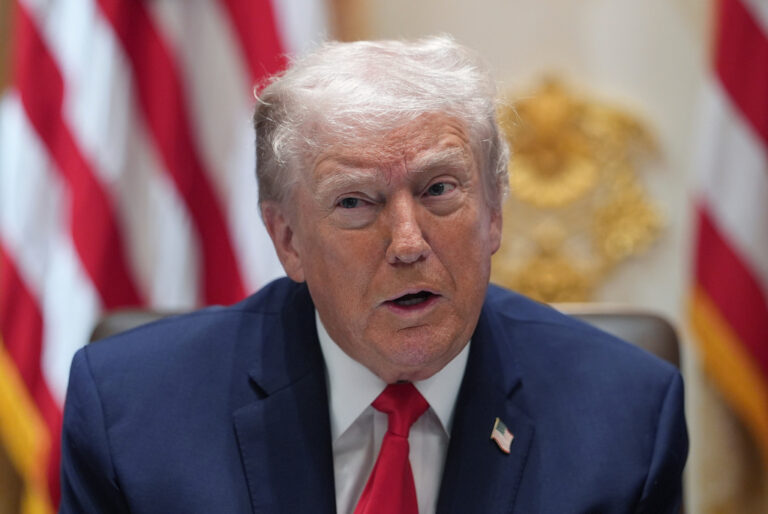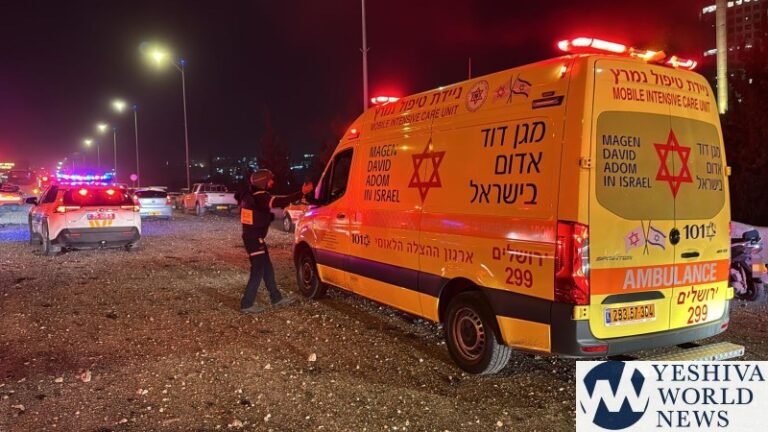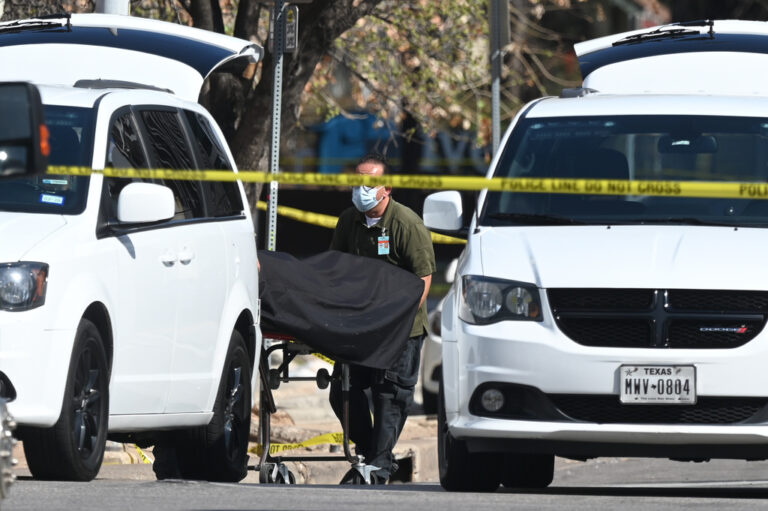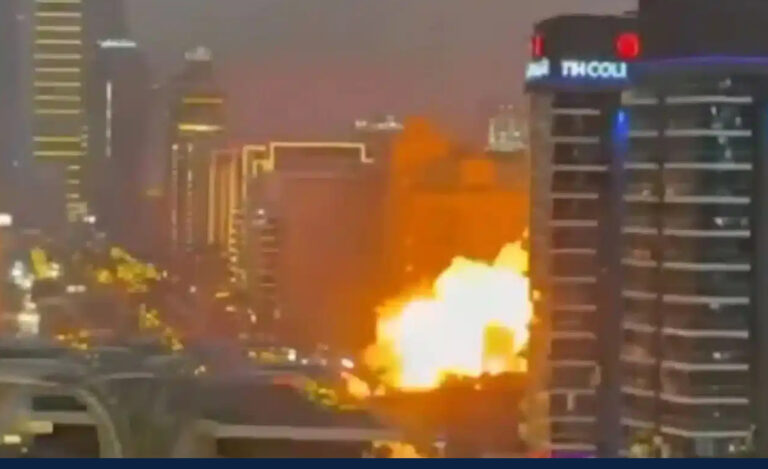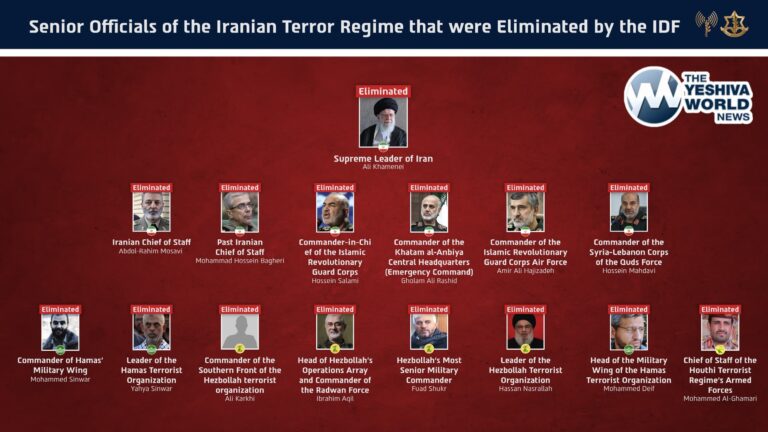 The following are Mayor Michael R. Bloomberg’s remarks as delivered this morning at One Police Plaza:
The following are Mayor Michael R. Bloomberg’s remarks as delivered this morning at One Police Plaza:
“Well good morning. Today, Police Commissioner Ray Kelly and I are joined by law enforcement professionals who have been instrumental in the historic 34 percent decrease in crime that New York City has enjoyed since 2001, a decrease we’ve achieved even while our police officers have maintained a dramatically lower rate of discharging their firearms than police in most other major cities have – and a drop in crime that we’ve also accomplished while also reducing reliance on incarceration by 31 percent since 2001, a decline that has bucked a contrary national trend.
“With us today are Queens District Attorney Richard Brown, Richmond County District Attorney Dan Donovan and former New York County District Attorney Robert Morgenthau.
“Also joining us are leaders of organizations representing more than 35,000 NYPD police officers, detectives and supervisors. These veteran law enforcement professionals are all deeply committed to protecting the safety of our city.
“And today they join the Police Commissioner and me in urging the New York City Council not to threaten all that we’ve achieved in making New York the safest big city in the nation.
“Specifically, that means the City Council must reject two proposed local laws that are expected to come before it this week: Intro. 1080, which would permit lawsuits against the NYPD based on the ‘disparate impact’ of police practice, and Intro. 1079, which would establish an independent inspector-general with broad authority to investigate and weigh in on police policies and practices.
“Let’s take a look at the ‘real world’ impact these bills would have using a recent example of the NYPD’s responses to crime. Earlier this month, the NYPD announced a variety of widely reported crime prevention tactics in the wake of a series of shootings during the weekend of June 1st.
“There was no controversy about these measures and no protests. And that’s because they were what anyone would want and expect in addressing a spike in crime. For example, Commissioner Kelly ordered ‘assignment of additional uniformed officers to public housing developments citywide.’
“That was because many of the shootings had occurred in public housing complexes. A common-sense thing to do, most people would agree. Nevertheless, under Introductory 1080, the NYPD could be sued for implementing this tactic due to a potential ‘disparate impact’ based on housing status.
“The Commissioner also ordered ‘personnel to focus on the nine commands that experienced multiple shootings.’ Again, smart, basic policing – concentrate resources in the neighborhoods that saw the spikes in shootings.
“But because these were predominately minority communities, Intro. 1080 would permit lawsuits challenging this strategy as causing a potential disparate racial impact.
“The Commissioner also directed investigators to ‘monitor gang-affiliated street crews for any evidence of planned retaliation based on the shootings over the weekend.’ Again, smart policing.
“But Intro. 1080 would permit lawsuits challenging this strategy because of a potentially disparate impact based on sex and age, since nearly all gang members are male and under 30 years old.
“The lawsuits the bill would allow against the tactics of Commissioner Kelly wouldn’t just cause a possible financial burden, and tie up officers in court and take them off the streets. The State courts could also ban all the police tactics the Commissioner ordered. Think about that, the NYPD would be unable to take some of the most basic crime prevention measures anyone would expect our police to take.
“Okay, what about the effect of Intro. 1079, the inspector-general bill? Take the monitoring of street crews that I just mentioned. Intro. 1079 would allow gang members to make anonymous complaints about this to the new inspector-general.
“They wouldn’t have to allege unnecessary use of force, abuse of authority, discourtesy, or offensive language to make a complaint. Nevertheless, the inspector-general would have to review – and the NYPD would have to dedicate time and resources to answering – gang members’ anonymous complaints.
“In the future, any police commissioner would have to dedicate precious resources to disproving anonymous complaints about such basic, fundamental police operations. And before deploying resources to neighborhoods in need, as Commissioner Kelly did earlier this month, and as he has done for the past 11 years, in the future any police commissioner also would have to first consider the possible opinion of an inspector-general.
“We also ought to look at the results of the tactics the NYPD employed in response to that uptick in shootings earlier this month. During the week ending June 2nd, there were 20 shootings in the nine precincts in question. During the week ending June 9th, however, there were a total of just four shootings in those same nine precincts.
“Let me urge the Council Members who represent those districts to consider the results before voting on bills that will make quick action by a police commissioner and proactive policing by police officers extinct in our city.
“New Yorkers must have policing that respects everyone’s rights – including everyone’s right to be safe on the streets. What we mustn’t have is what these laws would create: A police department pointlessly hampered by outside intrusion, and recklessly threatened by second-guessing from the courts.
“On that note, let me turn the floor over to Police Commissioner Raymond Kelly.”
(YWN Desk – NYC)


